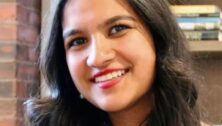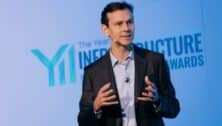Chester County Leadership: Judy Jeffords-Homitz, CEO, Safe Harbor of Chester County
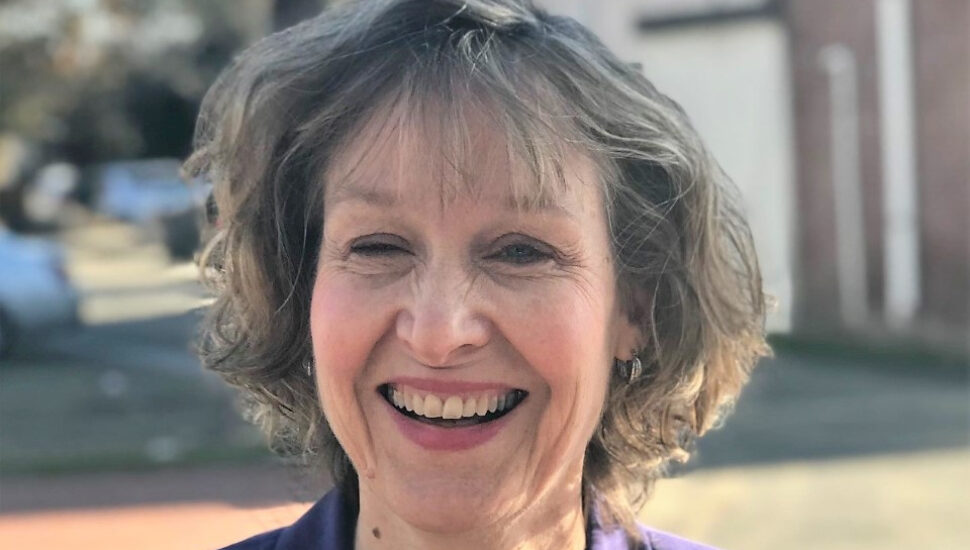
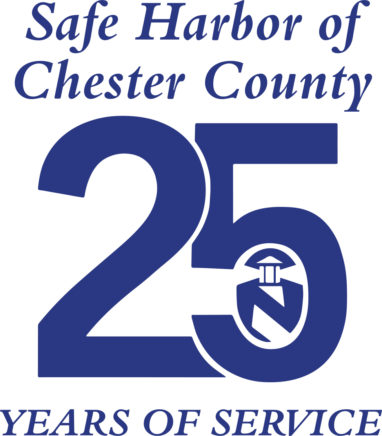
Judy Jeffords-Homitz, the CEO of Safe Harbor of Chester County, spoke with VISTA Today about growing up on the move as the daughter of an Air Force pilot; the lessons she learned about discipline and respect as a self-proclaimed military brat; her reason for attending the University of Missouri; and how she arrived in the Delaware Valley.
Jeffords-Homitz also discussed Safe Harbor and how it’s so much more than an emergency shelter for men and women; the challenges and opportunities that lie ahead for the organization; and the new programs under consideration.
Where were you born, and where did you grow up, Judy?
I’m a military brat. I was born the 2nd of two kids in Abilene, Texas. From there, we were stationed in Dover, and I spent the first few years of my schooling there. We transferred to a base in Northern California after my dad injured his back and could no longer be a pilot. I was there through junior high, which was from 1965 to 1972.
What did your parents do?
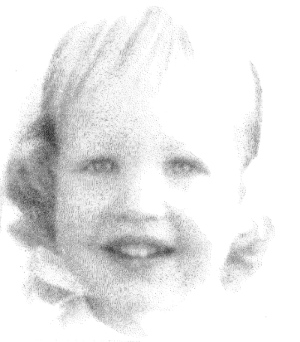
My dad was a pilot for the Air Force. After his injury and the transfer to Northern California, he became the head of maintenance for the SR-71, the air force’s spy plane. My dad was gone a lot because of his job. He lived away for months and even a year at a time.
He grew up on a cattle ranch in Nebraska. He joined the military to get out of that life. A year later, his plane was shot down in North Korea, and he spent three years as a Prisoner of War (POW).
My mom was a stay-at-home mom who had a beautiful singing voice. She was also a fabulous seamstress. I was 5’ 6” by the time I was 12, so my mom had to make all my clothes, especially as I grew to 5’ 11”.
What memories do you have of growing up in these various places?
When I got out of high school and went to college, I realized that I was in a bubble as a military brat. Even though I was in my still young in the late 1960s, living in Northern California, I grew up integrated. The military was the first group to integrate. I didn’t really recognize that other people lived in very isolated areas. I was fortunate in the way I saw the world.
There was a certain amount of discipline. There was a real focus on being respectful to everyone. Everyone was always in uniform and saluting. I remember being in Northern California when the turmoil was happening, but also seeing the “flower children”. It was an interesting time.
Was your dad being a POW impact you at all?
He didn’t talk about it very much when he was younger. He talks about it more now. He was 6’ 1,” and he only weighed about 90 lbs when he was repatriated. He also lost all of his upper teeth.
He was a hero when he came home to his small town in Nebraska. They gave him a car and a key to the city. That gave him a lot of pride. He’s 93 today and lives near me.
Being so tall, did you play any sports growing up?
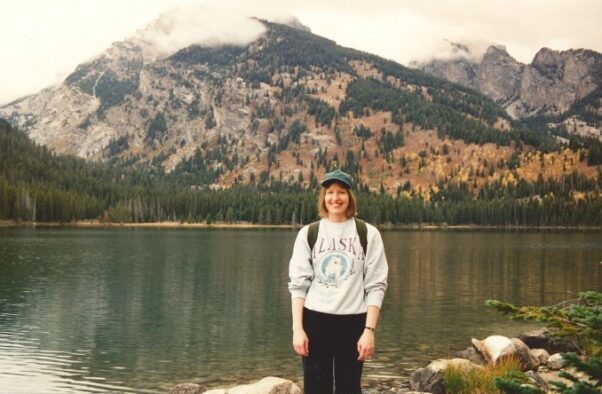
I bowled in elementary school through high school. I had a 185 average. I also ran track because I had the long legs for hurdles. I did not like the hurdles!
In high school, I played volleyball. I was a tomboy, so I always played football and baseball too. Title IX began in the early 1970s, but I didn’t think about playing sports in college.
Did you have any jobs as a teenager?
When I was in junior high and high school, I babysat a lot. I didn’t get a “real” job until college when I began working in the summer.
My first job was at a small amusement park in a resort area where my parents retired. It was an eye-opener as an eighteen-year-old. I had a lot of responsibility, and I learned that some companies will take advantage of their employees who are too young to really know their rights.
How did you do with that responsibility?
I think being a military brat helped. I was used to meeting people and taking charge at a young age. We’d have kids throw up on the rides, people being aggressive on the bumper cars and lost children. There were a lot of personalities between the parents and the kids. I enjoyed the job and worked there each summer in college.
Where did you go to college?
When I started high school, we were transferred to Omaha, so we were back in the Midwest and close to where my parents grew up. They bought an investment property at the Lake of the Ozarks and built a house there when my dad retired.
I went to the University of Missouri, which is kind of what kids did back then. The University of Missouri was 70 miles from where my parents lived, and I would go home for the summers and work at the Lake.
Looking back, was the University of Missouri a good choice for you?
It was, but it also never occurred to me to apply to more schools. You went to school close to home. It was the flagship state school in our region. I did my undergrad there and got my first master’s in public health there. I received a great education.
The University of Missouri is supposed to be a great party school!
They wanted to film Animal House there! Despite having a cousin in one, I was not in the sorority scene, but they had a huge Greek life there.
Why weren’t you interested?
I wasn’t a girly girl, and that’s what sororities were to me back then. They wanted girls who looked a certain way. That wasn’t me.
You were very focused on your education at the time.
I was. At one point, I wanted to be a clinical psychologist, so I was in an honor program, maintaining a 4.0 and volunteering a lot. I graduated in 3.5 years, so I was really pushing myself.
Where do your focus and determination come from?
It’s from my upbringing. Not that my parents talked to me a lot about it, but it’s how they were raised too. My dad’s mom passed away, so he was moved between different relatives. Everyone pitched in to help his dad. Cattle ranching was hard work–you started helping at a young age.
Why did you decide to major in public health?
I was volunteering at different places. I ended up in a place called “Everyday People,” which was a precursor for a homeless shelter. It was a suicide helpline as well. The Executive Director there went through the public health program at Mizzou. Some of the Board members were faculty members there, so talking to them and being in that experience inspired me.
Looking back over your career Judy, who were the people who saw promise in you?
I moved to Boston from Missouri and lived at a friend’s house while looking for a job. I was hired by the Boston Health Department, and the woman I interviewed with, Melissa Myer, really tried to talk me out of the job! She wanted me but didn’t think I could live off the low salary. That was when AIDS was really coming to the forefront. I took the job, and I mentored with her. She’s the one who encouraged me to consider another avenue to a more administrative role.
What do you think Melissa saw in you?
Even though I was doing direct health education, I was more big-picture-focused and thinking strategically. I started looking at different programs, and that’s how I ended up at the Wharton School. Wharton had an MBA focus in healthcare. I applied to Chicago, Northwestern, BU, and Wharton; I was accepted into all of them. I didn’t know much about Philadelphia, but I picked Penn, and I’ve been here ever since.
Who saw promise in you?
I was hired out of Wharton by an alumnus who worked at Delaware Valley HMO in Concordville. Shortly after I started, they were acquired by Independence Blue Cross. In my networking, I ended up interviewing with a woman named Judy Donlen in New Jersey with the Maternal and Child Health Consortium. She was looking for a COO and CFO, and even though I didn’t like accounting and didn’t have much business experience, I took the job. She thought we would make a good team, and she gave me a great opportunity. It was a perfect fit for me. I was doing administration, but it got me back in the realm of trying to better people’s lives. That’s been my path since.
Eventually, you ended up at Safe Harbor of Chester County. Briefly, what does Safe Harbor do?
We are an emergency shelter for single men and women, but we are so much more. We are dealing with a population that many people tend to think they must have done this to themselves. But often they are homeless due to health issues, death of loved ones, loss of a job.
When you have a family, they are often afforded more empathy. With a single person, people’s initial reaction is often not as empathetic. But for 85% of those seeking our services, it is the first time they are homeless. It’s not a chronic thing. Many are older and suffering from multiple issues. Forty percent are over the age of 50, some are in their 70’s and 80’s.
When residents enter Safe Harbor, a lot of their stress is relieved. They don’t need to worry about where they’re going to sleep or eat. We develop an action plan based on where they are. Many are suffering from physical health and mental health issues that must be addressed. We don’t do the work for them, we partner with them. Truthfully, not everyone is ready. We have people who come in and leave a short time later or people who come back two or three times before they’re finally ready to do the work to move forward. We are not a “one-stop-shop.”
We refer them to training, drug and alcohol counseling, and mental health counseling. We get them lost IDs needed for employment and help them apply for social security and other programs. We meet with them weekly to assess their action plan and movement toward their goals.
At the start of 2022, what are the challenges and opportunities you’re focused on?
In 2020, we had to reduce the number of people we could bring in because of COVID. We used to have 20 beds for men and 20 beds for women. Since we opened in 1994, we continue to be the only shelter for single women in Chester County. We dropped our bed numbers to 8 and 8, so it’s been difficult for those we cannot take due to mindfulness of social distancing. With reduced COVID cases, we are currently reviewing allowing more residents to enter the shelter.
Besides emergency shelter, we also provide a community lunch and popup food pantry for the food insecure in our area. In 2020, we had to change to take out, but we never missed a day, one of few places to say that. Indoor dining will likely be the last thing to come back because of the proximity of individuals while eating.
What new programs is Safe Harbor considering?
One of the things we did start doing during the pandemic was reaching out to people who have left in the last year or two and checking in. We wanted to help so that they can maintain housing and do not fall back into homelessness. We assist with food, rent, utilities, phones, and car insurance and repairs so that they can maintain employment. It’s so challenging to get rehoused once you’ve lost it, and it’s gotten even worse recently. Rent is higher, and it’s been difficult to house people since the pandemic started. While other organizations provide many of these services, we found the people we’ve helped reach out to us because they know us, so we’ve been responding to them.
We have also expanded our relocation of folks. When people come in, we talk to them. Many are from here and do not want to leave here, but we have some transplants. We have gotten people to consider other options: Arizona, Alaska, Maine, Texas, and other states where they have friends or family. I started as the CEO in December of 2017. It was hard then, but since COVID, it’s been very difficult.
What do you do with all that free time of yours?
In 2014 I lost my hearing in one ear from a virus. That affected my vestibular nerve, and now I have balance issues. I had to give up kayaking and other outdoor sports that I loved. I don’t have the physical hobbies that I used to have. Still, I’m trying to get back to some things by doing physical rehabilitation.
When I’m not at the shelter, I visit my daughter in Atlanta or spend time with my dad. I like to read a lot of history books. I’m reading Doris Kearns Goodwin’s most recent book on Abraham Lincoln. I really became aware of the different journeys people have traveled through this reading. Lincoln was always looking to do what was best for the country and everyone, even the most vulnerable.
What gives you hope, Judy?
The resiliency of individuals. Looking at how our nation was formed and thinking about those who came over on the Mayflower, my heart started pounding. Look at what people did in search of a better life. Things look dire, but there is so much resiliency in the human spirit.
I think back to my father as a 20-year-old, bailing out of an airplane and surviving being a prisoner. He walked to the first camp in North Korea once he was captured, and not only did he survive, but he did not come back a bitter person. He came back a realistic person. He was shot down on Veteran’s Day in 1950. It was freezing. He worked together with his enemy to survive together. If we see each other as human beings, we can solve many of our problems.
Finally, Judy, what is the best piece of advice you ever received?
When I would say “I can’t do that”, my dad would say, “Can’t never did anything, Judy.” He said I should always attempt to do it.
My parents let me try everything. They never discouraged me from doing anything. They always wanted me to attempt whatever I set my mind to. There wasn’t an expectation that I would be perfect, but it was always expected that I would try. Through hell or high water, it was going to happen.
________
Publisher’s Note: Laura Manion Contributed to this leadership profile.
Connect With Your Community
Subscribe to stay informed!
"*" indicates required fields
































![95000-1023_ACJ_BannerAd[1]](https://vista.today/wp-content/uploads/2023/03/95000-1023_ACJ_BannerAd1.jpg)


















